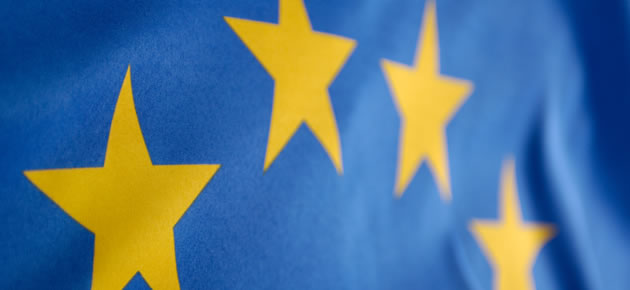While the Euro remains under pressure ahead of next week’s European Central Bank meeting, the common currency was able to advance on the ‘Aussie’ overnight and extend gains as the local session opened.
The Australian Dollar weakened against several of its most traded currency counterparts after Fed Chairwoman Janet Yellen restated the central bank’s commitment to the steady taper of stimulus.
The ‘Aussie’ was also adversely affected by a report showing that Australian private sector credit climbed by 0.4 per cent in January, month-on-month, rather than the 0.5 per cent gain expected.
Losses were incurred against the ‘Aussie’s US and New Zealand counterparts, and as currency strategist Todd Elmer notes; ‘We’re shifting back into an environment in which you’d want to sell into Aussie rallies. In the weeks ahead, the medium-term downtrend in the Aussie is likely to reassert itself.’
Yesterday the Euro softened as disappointing inflation data for Germany upped the odds of the ECB introducing additional stimulus measures.
However, the common currency clawed back losses this morning as German retail sales unexpectedly jumped in January.
Sales rallied by 2.5 per cent in January following December’s 2.1 per cent decline. Economists had forecast a monthly gain of 1.0 per cent.
The monthly increase was the most impressive since February 2007.
On the year German retail sales were up 0.9 per cent last month instead of down 1.7 per cent as projected.
Euro gains were limited ahead of the release of Eurozone inflation data.
The currency bloc’s consumer price index is expected to show an annual increase of 0.7 per cent – well below the ECB’s target inflation levels.
A surprising result could be responsible for extensive Euro volatility.
Today currency movement may also be inspired by US developments, in particular the publication of US growth figures.
Over the weekend China’s manufacturing PMI will impact the appeal of the ‘Aussie’.
The Chinese gauge is expected to show that the pace of expansion in the nation’s manufacturing sector slowed in February, with the measure reading 50.1 – just above the 50 mark separating growth from contraction.
As China is Australia’s main trading partner, a less-than-impressive result will be damaging for Australia’s economic outlook.
Euro (EUR) Exchange Rates
[table width=”100%” colwidth=”50|50|50|50|50″ colalign=”left|left|left|left|left”]
Currency, ,Currency,Rate ,
Euro,
Euro,
Euro,
Euro,
Euro,
[/table]
